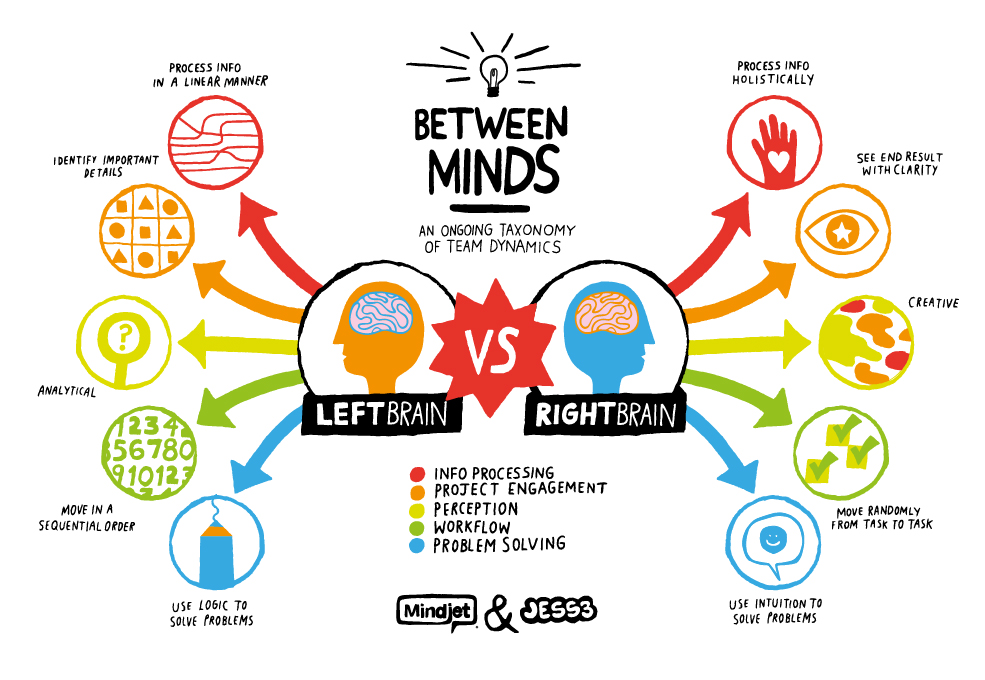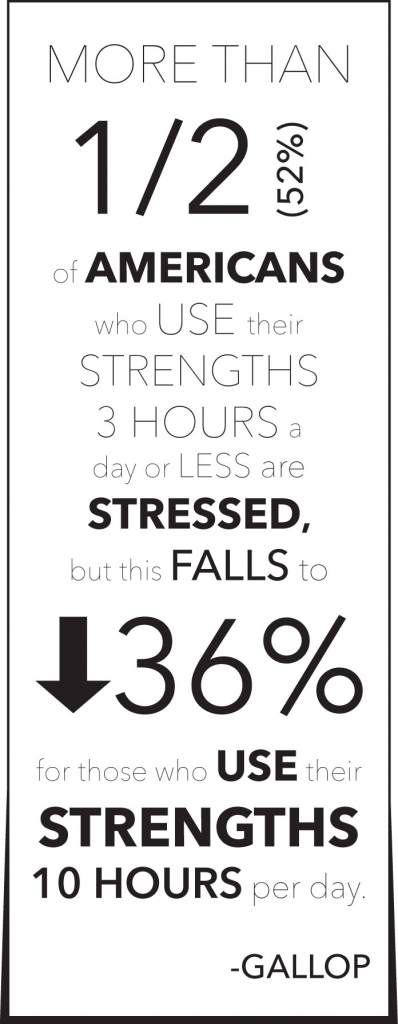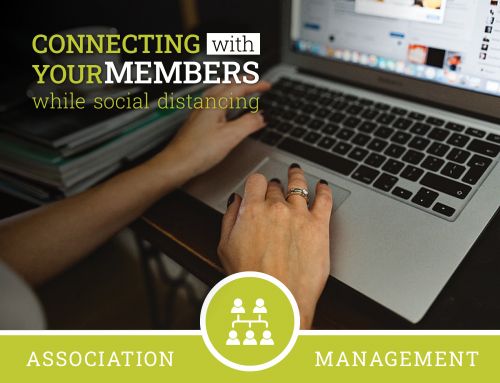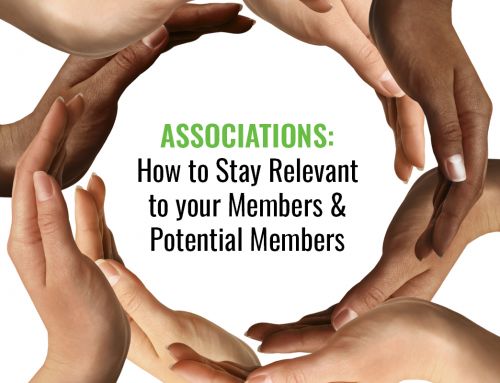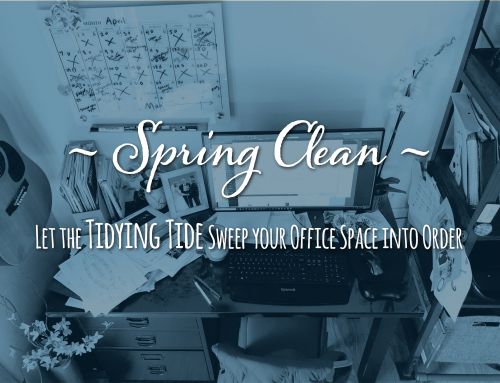I’m not a salesperson. Despite numerous attempts over the years to change that, I doubt I ever will. I just can’t make the hard sell. Rather than spend time trying to become something I’m not, I’ve decided to focus on building my strengths. So what are my strengths and my skill set? How do I fit into the puzzle?
When people inquire about your skills in an interview, they are often referring to the hard skills that you have learned from school or books. Do you know specific software, what certifications do you have, etc.? Your life experiences may augment your hard skills, but hard skills are inherently a learned commodity. As such, given time and resources, most hard skills are ones that you can add to your career toolbox as needed.
In contrast to hard skills are soft skills or strengths. Unlike hard skills, soft skills are hard to quantify. They could include personality, habits, attitudes and even social adaptability. Motivating others, teamwork, creativity, communicating, etc. are all soft skills. Excel in any of these areas and you will consider it your strength. While you can learn soft skills, many are strengthened or amplified by your innate personality. Extroverts usually make better salespeople than introverts!
Soft skills can also vary by situation. Being a risk-taker can be a strength when launching a new product or service (think Steve Jobs), or it can be your weakness if you refuse to heed warnings and forge ahead with a poorly thought out plan. Another strength/weakness combination that we frequently find with our engineering clients is communication. They do a great job communicating technical status of a particular product or project to fellow engineers, but a poor job communicating about the project to important stakeholders. They forget that when the audience changes, your message must change as well.
The point of this analysis? Understanding your strengths and your skill set will not only help you identify weaknesses, but also build on your strengths. It takes more time and energy to try to improve a weakness than to improve a strength. In other words, while being aware of your weaknesses is good, you will be further ahead by instead building upon your strengths. Going back to the risk taking example – building upon this particular strength could mean learning when to seek outside advice and/or surrounding yourself with a team that can provide perspective and give you the reality check you may be missing. You may still be a risk taker, but you have learned to use it to your advantage (hopefully avoiding pitfalls in the process).
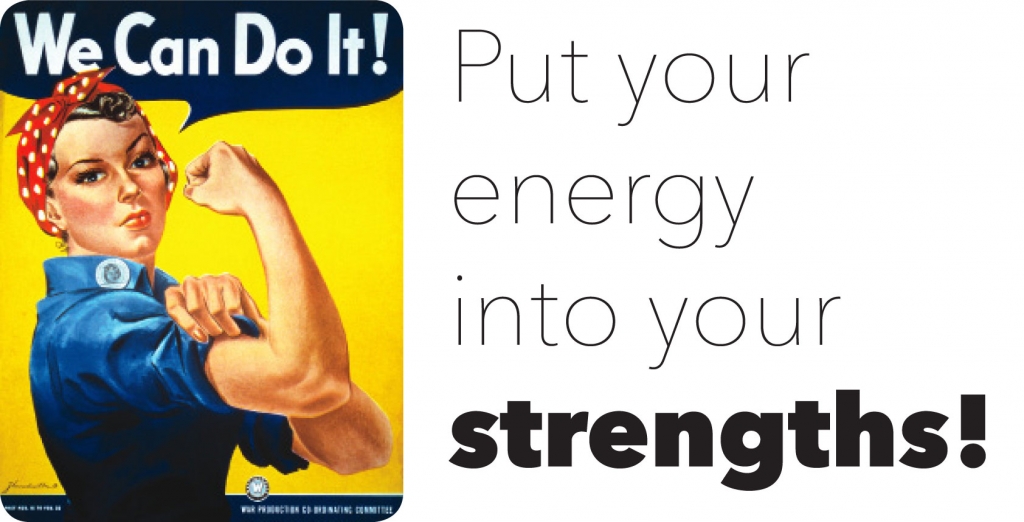
While I will never be a salesperson, I do have other skills that can be used to build a marketing message, identify new markets, etc. Realizing that I don’t have to be the one at the trade show, frees me up to find other avenues to be involved in promoting and growing our company. It reminds me of the cookie-cutter adage – not everyone is cut the same way. Understanding and using my own strengths and skill set will leave me more satisfied and productive! A study by Gallup (see article here) concluded that “More than half (52%) of Americans who use their strengths for three hours a day or less are stressed, but this falls to 36% for those who use their strengths 10 hours per day or more.” So, more satisfied, less stressed and more productive – win/win!
Our call to action – introduce your right brain (soft skills) to your left brain (hard skills) and begin to build a better business, a better product, a better service, a better you! What are your strengths? What is your skill set? What unique puzzle piece do you possess?
Note: If you are interested in a quick skill set analysis – visit MindTools.com (https://www.mindtools.com/pages/article/get-started.htm) and take their interactive survey.
For a more in-depth look at different skills sets identified by experts, check-out the book Career Direction at ManagementBriefs.com. Chapter 3 (https://www.managementbriefs.com/_media/pdfs/careers_detection_chapter_3.pdf) has definitions, questions, etc. for those wanting to learn more. They use “traits” to describe soft skills.
About the author:
Traci Ulberg actively chose to base her business (and life) in the beautiful state of Montana. It is here that she has found not only a talented pool of professionals, but also the post-work activities that help maintain a healthy life balance. She enjoys all things outdoors with her husband and three children. She also harbors a secret love for building and is known for lending a hand to friends and family that have framing, roofing, and wiring projects. No fear of heights here!



